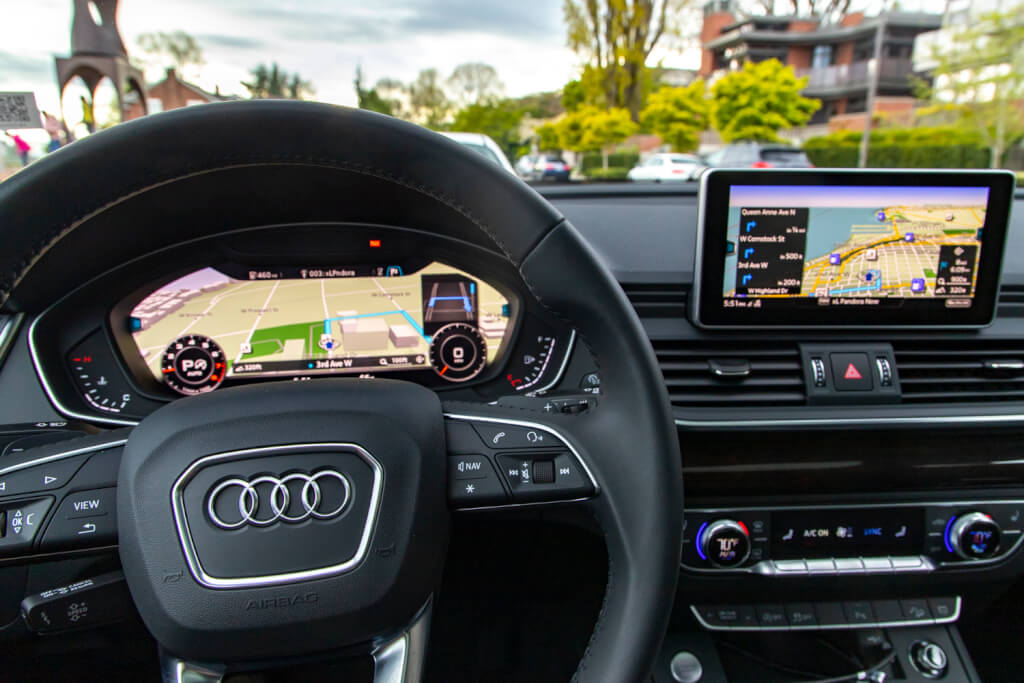Two back-to-back incidents on the Big Island highlight the need to use common sense when driving. I seriously cannot believe that this needs to be said, but the types of issues we see these days seriously are, well, befuddling.
There’s no denying that GPS has revolutionized travel. You no longer have to rely on confusing maps to try to figure out how to navigate an unfamiliar area. In fact, GPS has helped to liberate us, allowing us to find our way around virtually anywhere we want to go. However, the technology isn’t perfect. Outages and errors can cause confusion and even worse. This is why it’s essential to use common sense when driving, especially when relying on technology for navigation.
Use Common Sense When Driving
Hawaii News Now reports that, over the past month, two separate visitors have driven their cars into Kailua-Kona’s Honokohau Small Boat Harbor. And I don’t mean they drove their car into the parking lot – they drove their car down the boat ramp, into the water, and kept going until they had to abandon their vehicle as it sank. The culprit? Both visitors were following their GPS. The most recent one thought that the ocean at the bottom of the boat ramp was a large puddle.
Now, I know many visitors to the islands have never seen the ocean or a large body of water before. Things can become especially difficult to discern at night. However, if you’re driving down and notice the level of water around you is getting higher, wouldn’t you think that something is wrong and that you should reverse?
Then again, it makes me wonder where the heck where these people were trying to go to that their GPS led them into the ocean? Looking at several of the more popular navigation apps, I can’t find a single one that would instruct a person to drive into the water at this particular harbor. So did these people become confused/disoriented?
Final Thoughts
While we may never know what actually transpired in these two events, they do highlight how important it is to use common sense when driving. If something doesn’t seem right, it probably isn’t. Even in more benign circumstances, a street could have been closed or changed from two-way to one-way without GPS systems being updated. So remember to be vigilant, be cautious, and think for yourself rather than blindly following an electronic map.
Luckily, no of the people involved in these incidents were harmed. Moreover, while the vehicles were fully submerged, officials were able to quickly remove them and reopen the boat ramp.
Personally, I often use GPS to navigate around when I’m in unfamiliar areas. However, I like to plot out and study my course before driving off, and I make it a point to be as cognisant of my surroundings as possible so that I can make changes to my route as I see fit.

